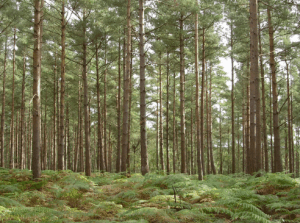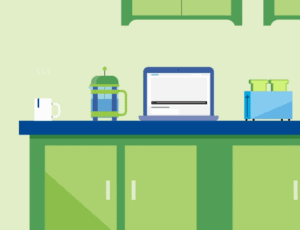 Our ancestors did it, people in the world today still do. But could you (really) live off grid?
Our ancestors did it, people in the world today still do. But could you (really) live off grid?
In 2018 living off grid completely would certainly manifest significant issues, which for most would be hard to deal with, in the connected, convenient, instant world that is today. However, for the committed and dedicated few, this is reality. To what extent you go off-grid can vary. Some are totally off-grid, while others are just self-dependant in some areas.
Below are a few things to consider should you ever decide to “switch off” from the modern world.
Find your own land
Ideally land should be south facing with it’s own water source. Locating an area with trees nearby is ideal. Before you buy land ensure that it allows you to live on, and of course you are able to use trees for sustainable firewood, if a woodland is near or included in the land.
Negotiate planning permission
You could buy a field and build a log cabin, or even move a camper van or caravan. You will need to check and negotiate planning permission. This would set up a great basis for your new off grid life. Once you have land your opportunities open up extensively.
 Water
Water
It’s great if you buy land with a well, or with close access to water. If you are not close to water, you will have to look at rainwater harvesting if you are wanting to avoid buying water and there is no way to get connected to the water mains (which would rather defeat the idea of being off grid!)
Power
A wood burning stove will be an essential consideration for off grid heating. It will be able to provide a heat output from a sustainable source. You can also have a stove to heat your water too – unless you are happy constantly taking cold baths or showers. A wood burning stove can also be used to cook food.
Using solar panels will be a possible way for electricity, so will batteries – although the latter is not as environmentally friendly or sustainable as solar. However, deciding to go off grid in the UK and the (often lack of) sunshine may mean you have no other option at times!
Generally your location will dictate the power sources open to you. Apart from solar, you could also look at hydro-electric if you are in an area with an abundance of water, you can also look at wind power too as a sustainable way to generate electricity.
Although few will ever go totally off grid, this gives you a brief outline of what you need to consider. Some people decide to live a greener more sustainable life, and just pick and choose the elements, which will best work for them, such as water harvesting, using a wood burning stove, biomass boiler or solar panels.
Either way, you certainly don’t need to go off grid totally to make a positive contribution to a cleaner, greener, more sustainable way of living. Apart from saving the environment and money it can be empowering to be taking control and be less reliant on things we often have no control over, such as the gas and electricity supply.








